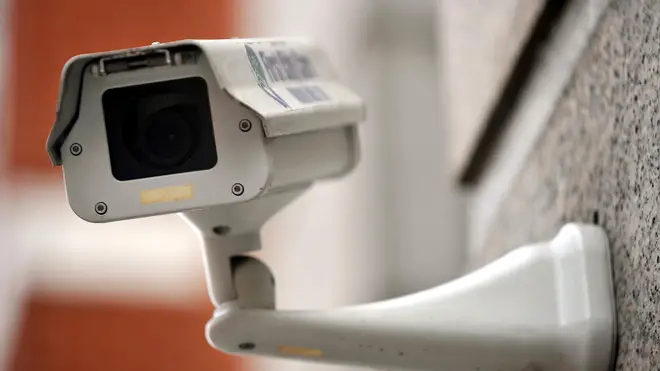
Tonight with Andrew Marr 6pm - 7pm
23 August 2021, 17:54

The bodies have also accused police and the Home Office of bypassing Parliament on the issue.
A group of civil society bodies has called on the Government to ban facial recognition cameras, while accusing police and the Home Office of bypassing Parliament over guidance for the use of the technology.
Thirty-one organisations including Amnesty International, Liberty and Privacy International have posted an open letter alleging guidance allowing police, local councils and enforcement agencies to use facial recognition across England and Wales has been given in defiance of court rulings against invasive filming.
The Daily Telegraph reported the guidance was published last week by the College of Policing during the parliamentary recess and without any announcement by it or the Government.
But the College of Policing said it has not issued guidance on facial recognition technology and that it is still in a consultation process for guidance on a code of practice for surveillance cameras.
The groups’ letter says the guidance came despite a Court of Appeal ruling that the use of facial recognition cameras by South Wales Police as a pilot scheme ahead of a nationwide rollout breached privacy rights and broke equalities law.
“In a democratic society, it is imperative that intrusive technologies are subject to effective scrutiny,” the letter said.
“Police and the Home Office have, so far, completely bypassed Parliament on the matter of LFRT (live facial recognition technology). We are not aware of any intention to subject LFRT plans to parliamentary consideration, despite the intrusiveness of this technology, its highly controversial use over a number of years, and the dangers associated with its use.”
The group added it was “calling on Parliament and relevant stakeholders to halt and ban the use of live facial recognition technology by the police and private companies entirely, as it poses significant and unmitigable risks to our society.
“We do not believe that LFRT can ever be safely deployed in public spaces and for mass surveillance purposes.”

The letter said the use of facial recognition technology “represents a huge shift in the relationship between the individual and the State”.
“The implications come not solely from privacy and data protection perspectives, but from the larger ethical question for a democratic society permitting and seemingly condoning the rollout of such intrusive technology,” it said.
“LFRT also raises significant problems for our human rights, such as freedom of expression and freedom of assembly.”
The groups said they were concerned LFRT “may be used in a broad range of public gatherings” such as sporting events, music concerts, and protests, threatening protected rights.
“Further, deployments of this surveillance technology could mirror and exacerbate existing disproportionate policing practices towards minority communities,” the letter said.
A College of Policing spokesperson said: “College of Policing has not published guidance on facial recognition technology.
“We are developing national guidance for policing on the use of facial recognition technology and have publicly consulted on that document.
“However, it has not yet been published and the consultation process is ongoing. The guidance is intended to support forces to use the technology within the law.”
A Home Office spokesperson said there is a “robust” legal framework for the use of facial recognition technology, adding: “The independent College of Policing has been consulting extensively on national guidance to ensure a consistent approach is taken nationwide.”